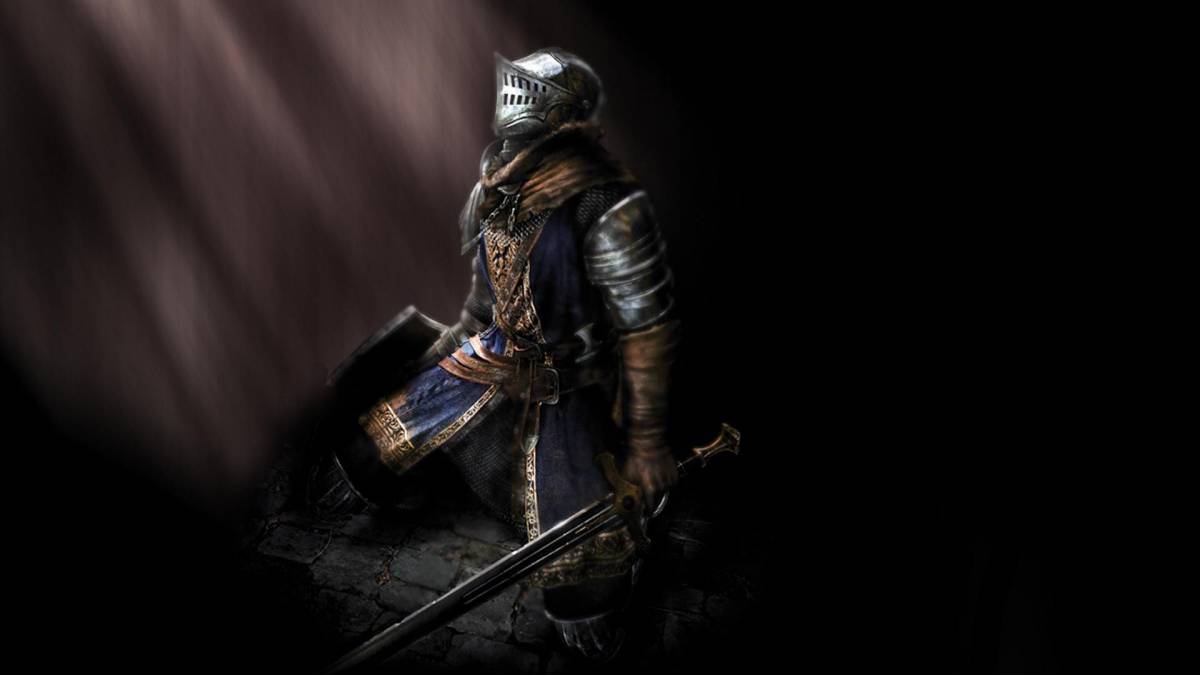It seems that whenever there’s a new fantasy RPG in development these days, it’s always described as being in the style of Dark Souls. I mean seriously, how many times have you seen an article mentioning to an upcoming game in the title with the words “Dark Souls-style” in front of it? So yeah, the Souls series has become pretty influential in the past several years, to the point where it seems as though they’ve set the standard for just about every RPG that’s been released since.
So firstly, a bit of history. Developer FromSoftware and series creator Hidetaka Miyazaki directed Demon’s Souls back in 2009. Against the expectations of publisher Bandai Namco (it took over a year to get a European release), it sold over 1.7 million copies worldwide and performed incredibly well with critics and laid the groundwork and foundations for what the Dark Souls series would become.

Dark Souls was considered a spiritual successor to Demon’s Souls and was released in Japan on September 22, 2011, five years ago today. And despite its incredibly high difficulty level which made it somewhat inaccessible to casual gamers, it still went on to be a huge success, picking up multiple awards and also selling over 2.37 million copies worldwide, thus marking the start of a big new franchise. Hell, it even seems like a safe bet to say that it’s now Bandai Namco’s most bankable IP.
Dark Souls II followed in 2014, and despite also being a huge financial hit (2.5 million copies worldwide), Miyazaki didn’t return to direct, and it was slapped with a T rating from the ESRB, meaning that most of the horror elements of the first game were significantly toned down. Thankfully, the third game, which was released earlier this year, ventured back in M-rated territory.
Thankfully, Miyazaki returned for, Dark Souls III, which ventured back into more adult, M-rated ground when it was released earlier this year. By this point Dark Souls was a name that even non-gamers would recognize, so Bandai Namco spared no expense on the game’s marketing campaign. Interesting, they even created the tagline “Get Good”, to describe how its challenging nature will force you, the player, to improve your play-style if you want to forget.
[interaction id=”57e2c0804089281870287c1d”]The insane difficulty of the series is often cited as a contributing factor for why it became so popular to begin with. The fact that most of the monsters could crush you like a bug forced the player to adopt new techniques and strategies in order to progress. Rather than feeling frustrating to the point of being unfair (as most difficult games usually are) the way that the series encouraged the player to seek out new and creative ways to defeat their enemies and rewarded them for their integrity was certainly something to be commended. When you play a Dark Souls game, you will die a lot, and you’ll come back just a little wiser each time.
So yeah, difficult though they may be, the Dark Souls games remain adored by by both critics and fans, and rightly so. When it comes to dark fantasy RPGs, they have no rival. Now if only From Software would announce the fourth entry in the series…
Some of the coverage you find on Cultured Vultures contains affiliate links, which provide us with small commissions based on purchases made from visiting our site. We cover gaming news, movie reviews, wrestling and much more.



